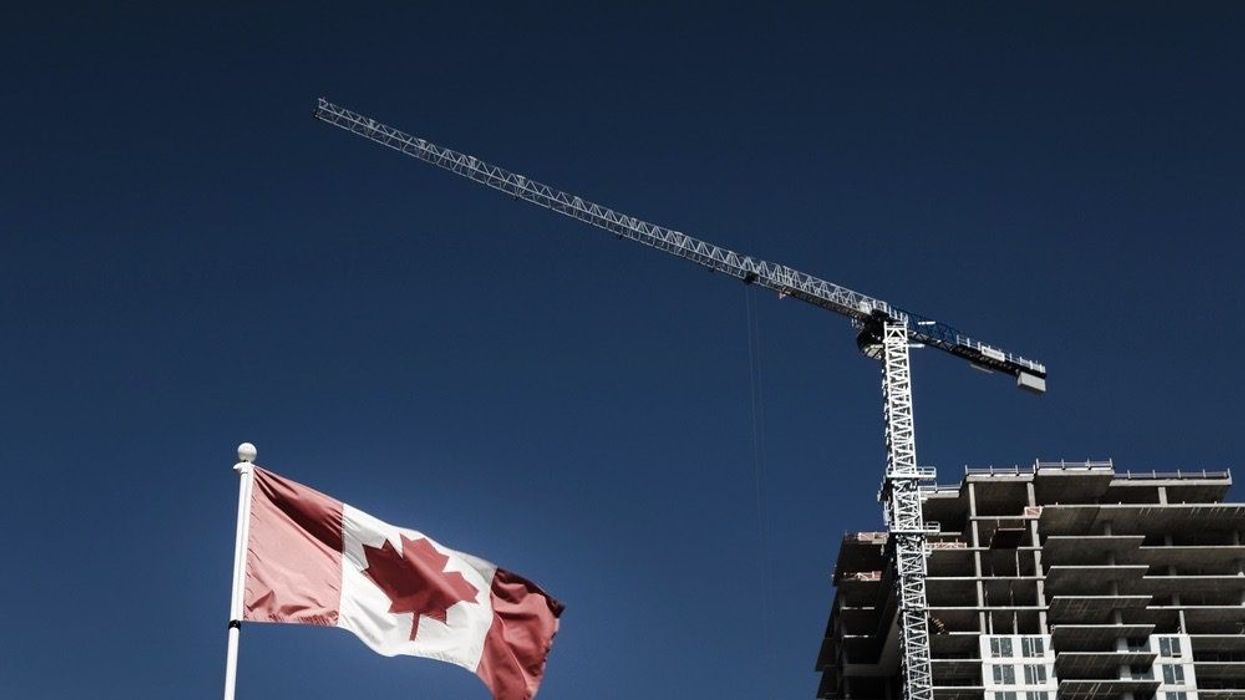Inflation is hitting Canadians hard, with over half of respondents in an Angus Reid Institute poll reporting having trouble keeping up with inflationary pricing.
Fifty-three percent of respondents said they cannot keep up, and 44% stated that they had yet to feel the level of pressure.
Household budgets are being stretched by the increasing cost of gasoline, food, and especially energy. Fifty-one percent of respondents said they would have difficulty covering an unexpected $1,000 expense, and one in seven said they would not be able to absorb an unexpected expense of any amount because their budgets are already stretched to their maximums.
Read: 35% of Canadians Fear Interest Rate Hikes Will Plunge Them Into Bankruptcy
As a consequence of inflationary pricing, three quarters of Canadians have amended their spending recently. Fifty-three percent are doing without discretionary spending, while 41% have forgone major purchases, 31% have avoided extra car trips, and 29% have skipped vacations. Moreover, 22% have deprioritized their savings. Seventy percent of respondents said money is a source of stress, while only 28% said it does not bother them.
According to the Angus Reid poll, 36% of Canadian respondents have incurred too much debt, with 51% of Saskatchewan respondents leading the way, followed by 46% of Manitoban respondents, and 45% of Albertans. Western Canadians are also the most stressed about potential job losses, with two in five respondents stating as much.
Households with children were the most likely to cut discretionary spending, delay major purchases, and delay savings contributions like RRSPs and TFSAs. Additionally, the cost of childcare is a major expense -- 39% of homes with kids say financing it is “tough” or “difficult,” and 46% said it is “manageable.”





















